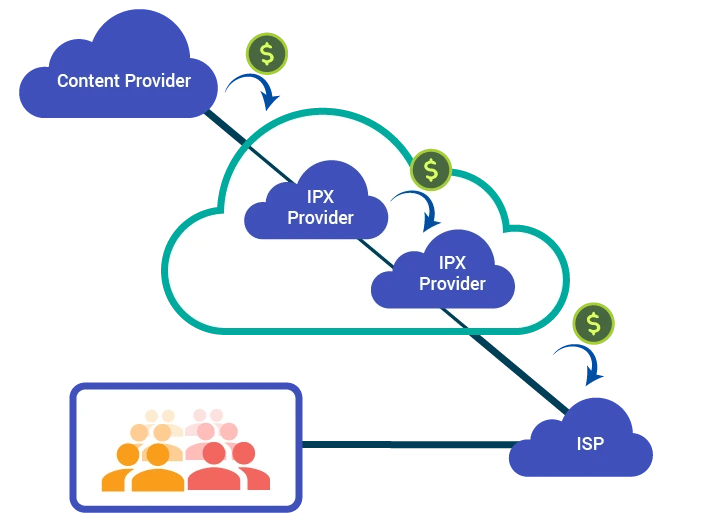Internet Protocol (IP) Packet eXchange (IPX) network @Pi is the interconnect for exchange of IP based traffic between customers of separate mobile and fixed operator as well as other types of service providers, via IP based Network-to-Network Interface(NNI).
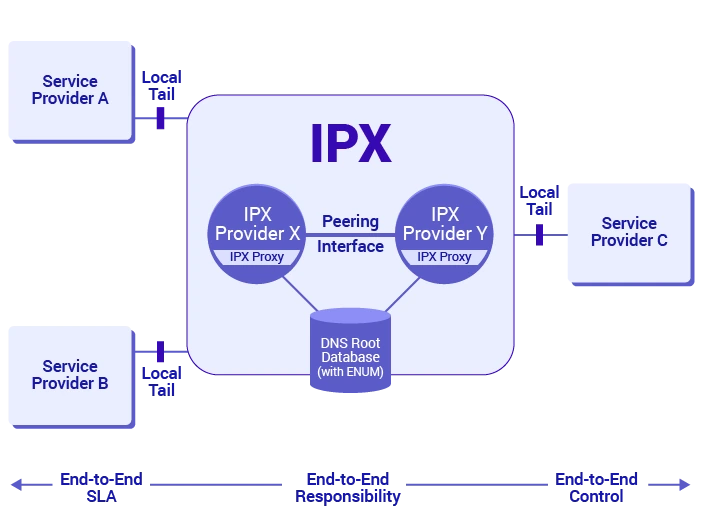
Service Providers are connected to their selected IPX Provider(s) using a local tail. Service Providers may be connected to more than one Provider. Firewalls or Border Gateways (BGs) including firewall functionality may be used to protect the internal networks of the service GSM. Service Providers may choose to implement redundant local tails and Firewalls/BGs to improve resilience.
Connect your various traffic sources(VoIP, transactions, videos & SaaS) over IPX instead of using traditional bilateral connection models, which rely on separate channels for each services.Furthermore we can enable classes of traffic and deliver each class with a different quality to achieve regulatory compliance without compromising on security.
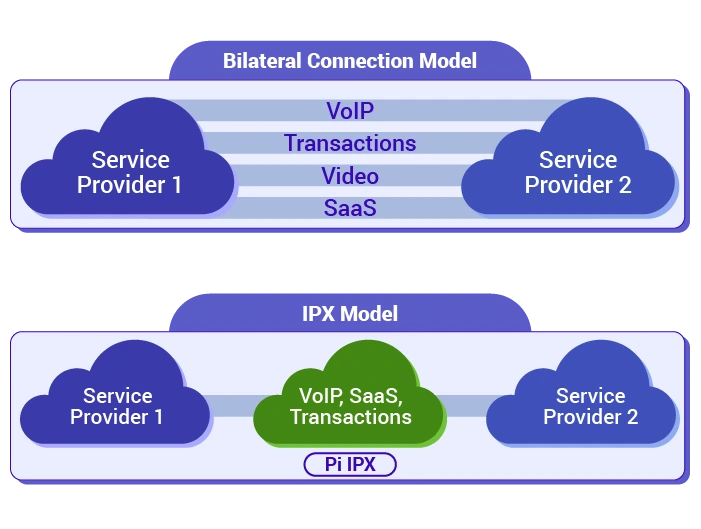

Conversational services that need tight latency and jitter values
Streaming Video on demand, live streaming
Interactive Corporate sensitive traffic that needs reserved bandwidth to guarantee service requirements
Background Suited for large packet sizes and traffic is not that sensitive to delay and jitter
Each class of service is delivered with a different QoS level & SLAs. QoS parameters covered are service availability, jitter, packet loss and delay. Service availability is a proportion of the time that IPX Providers service is considered available to service providers on a monthly average basis.
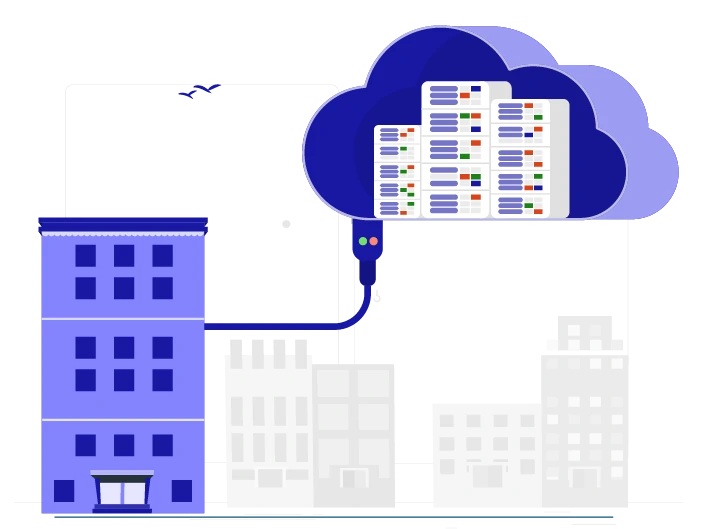
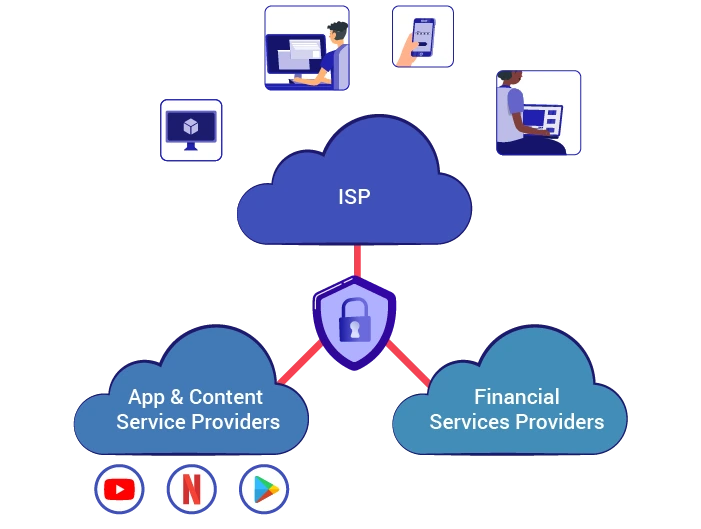
IPX connects BFSI institutions and other industries that rely on safe and secure IP packet exchange. It is separate from the internet, making it more reliable and secure.
Benefits for BFSI: Increase customer retention, speed up transactions, reducing costs, strengthened data security and improved customer accessibility.
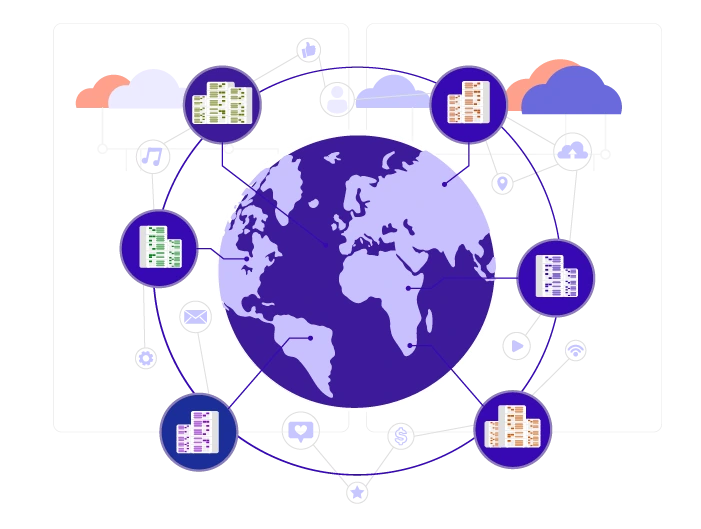
All connected Service Provider and IPX Provider networks are invisible to and inaccessible from the public Internet. IPX Providers shall support the transport of DNS queries and hostname recommendations. It is also strongly recommended that Service Providers implement firewalls at the ingress points of their networks; for mobile operators, that is adjacent to Border Gateways
Each party is remunerated for the work they do to deliver packets over the wire. This business model works well as it encourages a healthy competition – each party is motivated to compete for the delivery of traffic. In this way, there is also an obligation for each party to deliver to a certain quality. This means an SLA is enforced.
